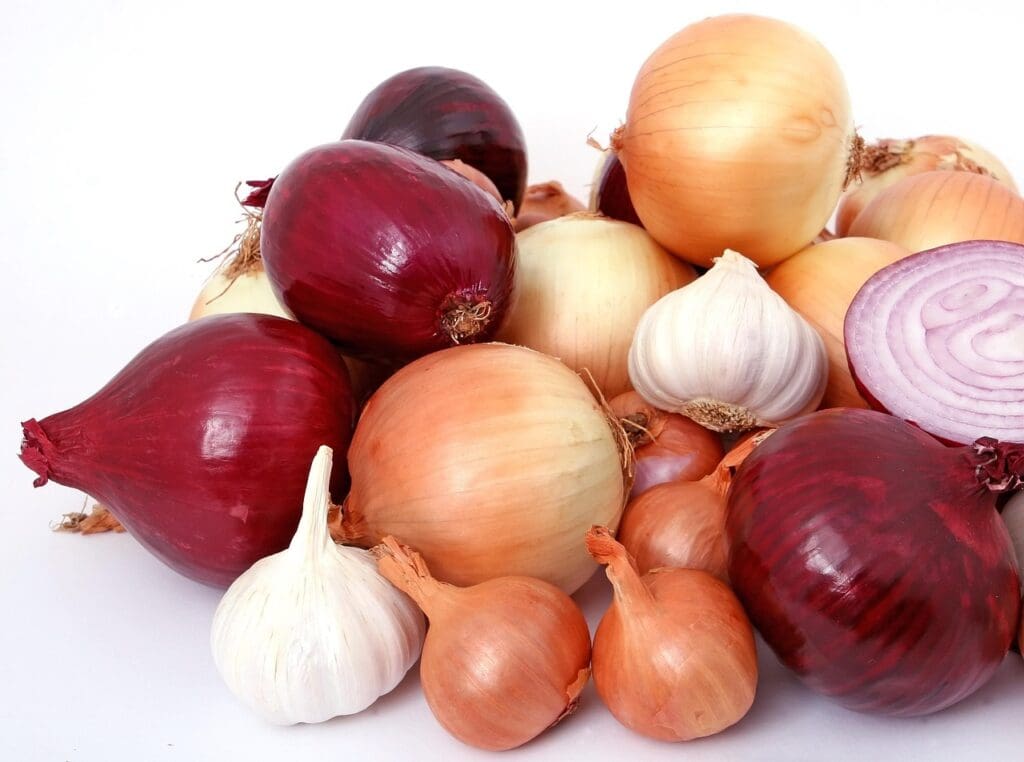Because they are rich in vital vitamins, minerals, fiber, and antioxidants, all of which are critical for maintaining healthy bodily functions, vegetables are important nutritional powerhouses. They also help in preventing disease. That makes them an important part of an optimal nutrition plan. Because they are high in volume and low in calories, they help people manage their weight. Additionally, they improve general health. Eat vegetables for an optimal nutrition plan.
The Main Advantages of Including Vegetables in Your Optimal Nutrition Plan:
Due to their abundance of vital vitamins, minerals, fiber, and antioxidants, vegetables support general health and wellbeing. Vegetables are nutritional powerhouses. They support a number of body processes. Moreover, they encourage a healthy digestive system and are essential in preventing disease.
Here’s a closer look at the many health benefits of vegetables:
- Packed with minerals and vitamins-vegetables for optimal nutrition:
Vital vitamins A, C, and several B vitamins are abundant in vegetables. These vitamins are essential for energy production, immunity, vision, and skin health.
Additionally, they supply vital minerals like calcium, iron, and potassium. These minerals are necessary for maintaining fluid balance, oxygen transport, and bone health.
- Fiber in the Diet:
Dietary fiber, which helps with digestion and avoids constipation, is abundant in vegetables. Additionally, it may lower the risk of heart disease and some types of cancer.
Additionally, fiber promotes feelings of fullness, which may aid in weight management.
- Phytochemicals and Antioxidants:
Antioxidants and phytochemicals (plant chemicals) found in many vegetables shield the body from inflammation and free radical damage.
These substances may lower the chance of developing long-term conditions like heart disease. They also help prevent type 2 diabetes and some types of cancer.
- Low in Fat and Calories:
The majority of vegetables are a wholesome and filling addition to any nutrition plan. This is because they are low in fat and calories.
The feeling of fullness is influenced by their high water content.
Health Benefits of Vegetables for Nutrition Continued:
- Prevention of Disease:
According to research from the Harvard T.H. Chan School of Public Health, eating a diet high in vegetables can help lower blood pressure. It can also reduce the risk of heart disease and stroke, and protect against some types of cancer.
Vegetable are nutritional powerhouses because of their fiber and antioxidants that are important contributors to these protective benefits.
- Encouraging Digestive Health:
Vegetable fiber encourages regular bowel movements and keeps constipation at bay, supporting a healthy digestive system.
7. Supporting Energy Levels:
- Certain vegetables, like leafy greens, are rich in iron, magnesium, and B vitamins. These nutrients are important for maintaining energy levels, according to UCF Health.

Advice for Optimizing Vegetables’ Nutritional Content for and Optimal Nutrition Plan:
Reduce Cooking Time: Overcooking can destroy nutrients, so steaming, stir-frying, or microwaving is preferable to boiling, recommends North Dakota State University.
Cut Down on Cooking Time: North Dakota State University also advises steaming, stir-frying, or microwaving instead of boiling. This is important because overcooking can destroy nutrients.
Limit Cutting: To cut down on exposed surface area and nutrient loss, minimize cutting, paring, and shredding.
Pick a Variety: To guarantee a well-rounded intake of various vitamins, minerals, and fiber, eat a variety of vegetables.
Numerous vegetables are nutritional powerhouses and have enormous health benefits; some are regularly ranked highly for their nutrient density and ability to prevent disease. Sweet potatoes, carrots, broccoli, kale, and spinach are usually mentioned as the best options. Rich in vital vitamins, minerals, fiber, and antioxidants, these vegetables can help guard against a number of health problems.
Look at The Reasons These Vegetables are Healthful for an Optimal Nutrition Plan.
Spinach: Rich in iron and potassium, spinach is a nutritional powerhouse. It also contains antioxidants like lutein and zeaxanthin, and vitamins A and K. These antioxidants are especially beneficial for eye health and cancer prevention.
Kale: Kale is another leafy green that is high in antioxidants, fiber, and vitamins A, C, and K. Kale has been connected to decreased cholesterol, better heart health, and a lower risk of developing certain types of cancer.
Broccoli: Cruciferous vegetables like broccoli are high in vitamins C and K. They also contain sulforaphane, a substance that may help prevent cancer.
Carrots: Beta-carotene, which the body transforms into vitamin A, is abundant in carrots. They also contain fiber, potassium, and vitamin K.
Sweet Potatoes: Packed with potassium, fiber, and beta-carotene, sweet potatoes have been connected to better absorption of vitamin A. They also help in blood sugar regulation according to the Nutrition Source.

Here are some more of the best vegetables to include in your optimal nutrition plan:
- Garlic and Onions: These offer sulfur compounds, including allicin, which may help lower cholesterol and blood pressure.
- Beets: Packed with betalains, which have antioxidant qualities, and nitrates, which can increase blood flow.
- Bell Peppers: They contain capsaicin, which may aid in weight loss and pain relief. Bell peppers are also particularly high in vitamin C.
- Brussels Sprouts: Rich in fiber, vitamin C, and vitamin K, it may help prevent chronic inflammation and support gut health.
- Swiss Chard: Rich in potassium, magnesium, and the vitamins A, C, and K.
- Artichokes: Inulin, a prebiotic fiber that promotes gut health, is abundant in artichokes.
- Green Peas: Packed with fiber, protein, and vitamins A, C, and K, these little green veggies are a great food choice according to the WebMD. They are great when roasted with olive oil, cooked in stir-fries, or eaten raw in salads.
- Asparagus: Vitamins A, B6, and C can be found in abundance in asparagus, a green vegetable. It can be added to soups and stews, grilled, or roasted with olive oil.
- Cauliflower: This white vegetable is high in potassium, fiber, and vitamin C. It can be added to soups and stews, roasted with olive oil, or mashed with cheese.
- Tomatoes: Vitamin C, potassium, vitamin K, and the antioxidant lycopene are important nutrients found in tomatoes. Simmer in a sauce, boil, steam, or roast.
More on Vegetables for an Optimal Nutrition Plan Advice:
- Variety is key: To obtain a complete range of nutrients, try to eat a variety of vegetables.
- Color matters: Try to include a rainbow of colors in your diet because different colored vegetables contain different healthful compounds.
- Fresh, frozen, or canned: Vegetables come in a variety of forms, so pick ones that suit your lifestyle and budget.
- Don’t forget legumes: Beans and other legumes, such as lentils, are also great sources of fiber and nutrients.
In Summary:
Vegetables are nutritional powerhouses that are rich in vital vitamins, minerals, fiber, and antioxidants, they support a variety of body processes. They also ward off disease, making them essential for optimum nutrition. Vegetables help with weight management and general well-being because they are high in nutrients and low in calories. Vegetable-rich diets lower the risk of heart disease, stroke, and some types of cancer.

